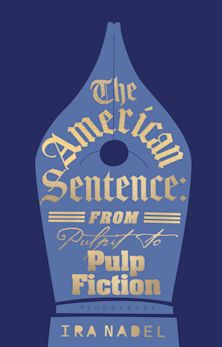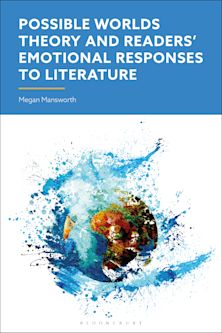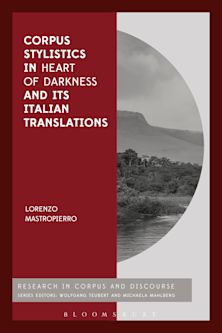Description
Assuming no previous linguistic knowledge or familiarity with Middle English, Simon Horobin introduces students to Chaucer's language and the importance of reading Chaucer in the original, rather than in a modern translation.
Chaucer's Language leads the reader gently through basic linguistic concepts with appropriate explanation, highlighting how Chaucer's English differs from present-day English, and the significance of this for interpreting and understanding his work. It provides close analysis and comparison with the writings of Chaucer's contemporaries to show how Chaucer drew on the variety of Middle English to achieve particular poetic effects. Annotated texts, an extensive glossary of linguistic terms, common Middle English words and 'false friends', a bibliography and suggestions for further reading all support students and aid study.
This 3rd edition has been fully revised throughout and includes:
- a new chapter on using digital images to study Chaucer's texts
- references to a greater range of recent editions and translations
- updated examples and insights from the most recent scholarship on rhetoric, punning, word studies, Middle English dialectology and new approaches to the history of standardisation.
Authoritative and easy to follow, this is an indispensable guide to understanding, appreciating and enjoying the language of Chaucer.
Table of Contents
List of Abbreviations
Preface
1. Why Study Chaucer's Language?
2. Writing in English
3. What was Middle English?
4. Spelling and Pronunciation
5. Vocabulary
6. Grammar
7. Language and Style
8. Discourse and Pragmatics
9. Using Electronic Resources to Study Chaucer's Language
10. Electronic Resources
Conclusion
Appendix: Annotated Texts
Glossary of Linguistic Terms
Glossary of Common Middle English Words
Glossary of 'False Friends'
Bibliography
Index
Product details

| Published | 13 Oct 2025 |
|---|---|
| Format | Ebook (PDF) |
| Edition | 3rd |
| Extent | 232 |
| ISBN | 9781350473805 |
| Imprint | Bloomsbury Academic |
| Publisher | Bloomsbury Publishing |
Reviews

ONLINE RESOURCES
Bloomsbury Collections
This book is available on Bloomsbury Collections where your library has access.



































